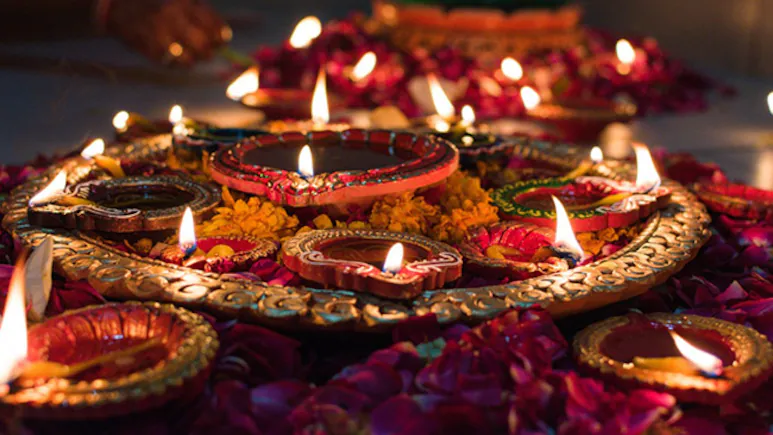In a landmark moment for cultural recognition in the United States, California has officially designated Diwali — the Festival of Lights — as a state holiday, becoming the third state in the country to do so after Pennsylvania and Connecticut.
Governor Gavin Newsom signed Assembly Bill 268, authored by Assembly member Ash Kalra, on Tuesday. The bill passed both houses of the state legislature in September and awaited only the governor’s approval. California is home to the largest Indian American population in the U.S., making this recognition especially significant.
“California is home to the largest population of Indian Americans, and designating Diwali as an official state holiday will uplift its message to the hundreds of thousands of Californians that celebrate and help introduce it to many throughout our diverse state,” Kalra said earlier. “Diwali brings communities together with the message of goodwill, peace, and shared sense of renewal. California should embrace Diwali and its diversity, not keep it hidden in darkness.”
The decision has been widely celebrated by Indian American community leaders and organizations. Indiaspora, a leading nonprofit, hailed the move as a “major milestone in the ongoing journey toward greater cultural inclusion and visibility,” emphasizing that it reflects both the vibrancy of Diwali and the profound impact of the Indian American community on California’s growth.
MR Rangaswami, Founder and Chairman of Indiaspora, praised the move as a historic acknowledgment of generations of Indian Americans. “Governor Newsom’s leadership reflects the inclusive spirit our nation needs today. Recognising Diwali as a state holiday affirms that diversity is truly our strength,” he said, also congratulating Kalra and Assembly member Dr. Darshana Patel, the bill’s co-author.
Prominent Silicon Valley entrepreneur and philanthropist Ajay Bhutoria called the announcement a “radiant milestone” in California’s journey toward inclusivity. “Diwali, our cherished Festival of Lights, embodies the eternal victory of hope over hardship, unity over division, and knowledge over ignorance — a message that resonates deeply with the nearly one million South Asians who call California home,” Bhutoria said.
He added that the holiday is more than symbolic: by granting state employees paid time off and enabling schools to observe the day, families will be able to fully participate in traditions like lighting diyas, creating rangoli, and sharing festive meals without work or school pressures.
Pennsylvania became the first state to recognize Diwali as a holiday in October 2024, followed by Connecticut earlier this year. New York City also declared Diwali a public school holiday, closing schools for the festival for the first time on November 1, 2024.
For California’s Indian American community — numbering over one million — the move marks a powerful moment of pride and belonging. As Indiaspora noted, “Declaring Diwali a state holiday affirms that Indian Americans are not just participants in California’s story — they are woven into the very fabric of its identity.”


